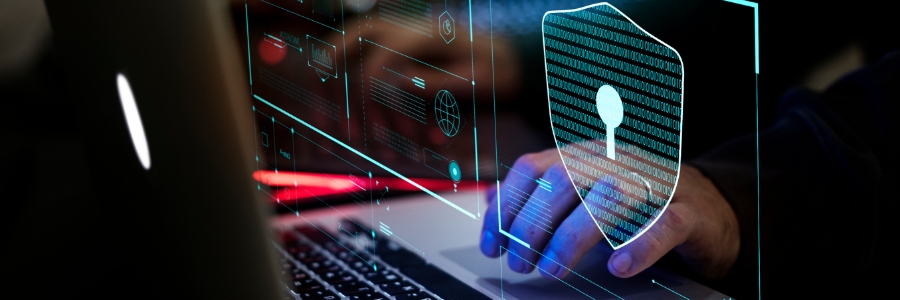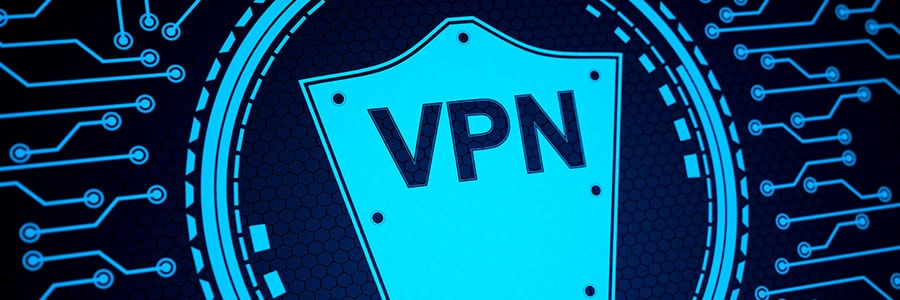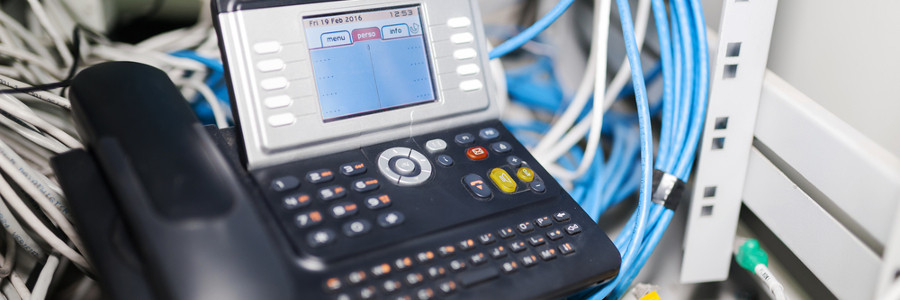In the past, having an antivirus program was enough to keep you protected while surfing online. However, that's no longer the case today. To keep your online activity private from third-party businesses and prevent hackers from intercepting your data, you need to invest in a virtual private network (VPN).
What is a VPN?
A VPN creates an encrypted tunnel between your device and the internet, keeping you safe from hackers looking to intercept your data and any third parties that want to monitor your online activities.
VPN: Why it’s important and how to pick one

Top 5 VoIP security measures every business must implement

More and more businesses are realizing the numerous advantages of using a Voice over Internet Protocol (VoIP) system. Compared to traditional landlines, VoIP systems entail lower costs and come with more features. One weakness that a VoIP system has is that it can be a target for a cyberattack, which is why it’s critical that businesses take the necessary steps to secure their VoIP phones.
What security measures are crucial for protecting VoIP?
Steps to defend your business from watering hole attacks

Watering hole attacks are on the rise, but many businesses are still unprepared against it. To avoid falling victim to a watering hole attack, it is crucial to know what it is, understand the risks, and take steps to defend your business.
How watering hole attacks work
The term “watering hole” colloquially refers to a social gathering place where a particular group of people often go to.
Working remotely? Follow these cybersecurity tips

Working from home is becoming an increasingly popular option for employees around the world. While this flexible work arrangement can be a great perk for employees, it also comes with its own set of security risks. Follow these cybersecurity tips so you can protect yourself, your personal information, and your company's data while telecommuting.
Keep online trackers at bay through private browsing

These days, it’s nearly impossible to keep your internet activities completely private. Browsers keep track of your online behavior, while some websites collect your personal information. Although these data are often used for marketing purposes, it’s not uncommon for them to fall into the hands of identity thieves and other malicious actors.
Why you need a VPN and how to choose the right one

Today, just installing anti-malware software and a firewall on your computer isn’t enough to keep you safe as you use the internet. Nowadays, a hacker can intercept messages sent to and from your computer and steal the data they contain. This is why you need a virtual private network (VPN).
What is a VPN?
A VPN creates a secure tunnel between your device and the websites you visit, protecting you from hackers looking to intercept your data.
5 Vital VoIP measures to implement
The hows of watering hole attack prevention

There are millions of malware in existence, with new ones being developed by the minute. This is terrible news for anyone who stores personal information online — which is basically everyone in the world today. Learn how you can avoid being a victim of a watering hole attack, one of the most common ways cybercriminals introduce malware into networks.
How to tighten your VoIP systems’ security
Few companies today would survive without effective, cost-efficient collaboration tools like Voice over Internet Protocol (VoIP) solutions. But like any piece of technology, VoIP systems are fast becoming an easy target for attackers. Here’s how to protect your company’s internet-based communication devices from numerous threats.



